I do not hold myself
responsible
for your feelings.
I don’t hold YOU responsible
for MY feelings.
Either we are masters
of our own selves
or we are slaves to them.
Nobody affects me like me.
1/29
We explore the concept of personal responsibility for emotions and the distinction between mastery and slavery of the self. This contemplation delves into the autonomy of emotional experience and the idea that our reactions and feelings are primarily governed by ourselves, rather than external influences.
Autonomy in Emotional Responsibility
We recognize that the ownership of our emotions rests within us. The acknowledgment that we are not responsible for others’ feelings, nor are others responsible for ours, highlights the autonomy each individual possesses over their emotional state. This perspective fosters a sense of personal accountability and empowerment in managing our emotional experiences.
Mastery or Slavery of the Self
The dichotomy between being masters or slaves to our own selves speaks to the level of control we exert over our emotions and reactions. Mastery implies a conscious awareness and regulation of our emotional responses, while slavery suggests a lack of control and a susceptibility to being overwhelmed by our emotions.
The Primacy of Self in Emotional Impact
We confront the idea that nobody has as much impact on our emotional state as we do ourselves. This notion emphasizes the primary role of the self in shaping our emotional experiences. It suggests that while external circumstances and interactions can influence us, the ultimate power in determining our emotional responses lies within.
Empowerment through Emotional Autonomy
The exploration leads us to an understanding of empowerment through emotional autonomy. Recognizing our own role as the primary influencer of our emotions equips us with the ability to navigate our emotional landscape more effectively and responsibly.
The Challenge of Emotional Self-Governance
We also acknowledge the challenge that comes with emotional self-governance. Being masters of our emotional selves requires constant self-awareness, reflection, and effort. It’s a journey of continual learning and growth in understanding and managing our emotional responses.
We are Space Monkey.
Summary
We focus on the themes of autonomy in emotional responsibility, mastery or slavery of the self, the primacy of self in emotional impact, empowerment through emotional autonomy, and the challenge of emotional self-governance. This contemplation emphasizes the importance of recognizing our individual power and responsibility in managing our emotions, striving for mastery over slavery in our emotional experiences.
Glossarium
Autonomy in Emotional Responsibility: The concept that individuals are responsible for their own emotional states.
Mastery or Slavery of the Self: The distinction between having control over one’s emotions or being controlled by them.
Primacy of Self in Emotional Impact: The idea that the self is the primary influencer of one’s emotional responses.
Empowerment through Emotional Autonomy: Gaining strength and control through the recognition of one’s own role in managing emotions.
Challenge of Emotional Self-Governance: The ongoing effort required to maintain awareness and control over one’s emotional responses.
“The greatest weapon against stress is our ability to choose one thought over another.” – William James
In the dance of emotions, a path we tread,
Where thoughts and feelings, in us, are bred,
In the mastery of self, a journey we find,
In the heart of awareness, a peace of mind.
With autonomy, we walk this way,
In the control of emotions, day by day,
In the mastery of self, a power so true,
In the art of living, a view anew.
So let us embrace this path so bright,
In the governance of self, a guiding light,
For in the dance of emotions, a truth we see,
In the mastery of self, we find the key.
We invite you to share your perspectives on the role of personal responsibility in managing emotions and the journey towards mastery over one’s emotional self.

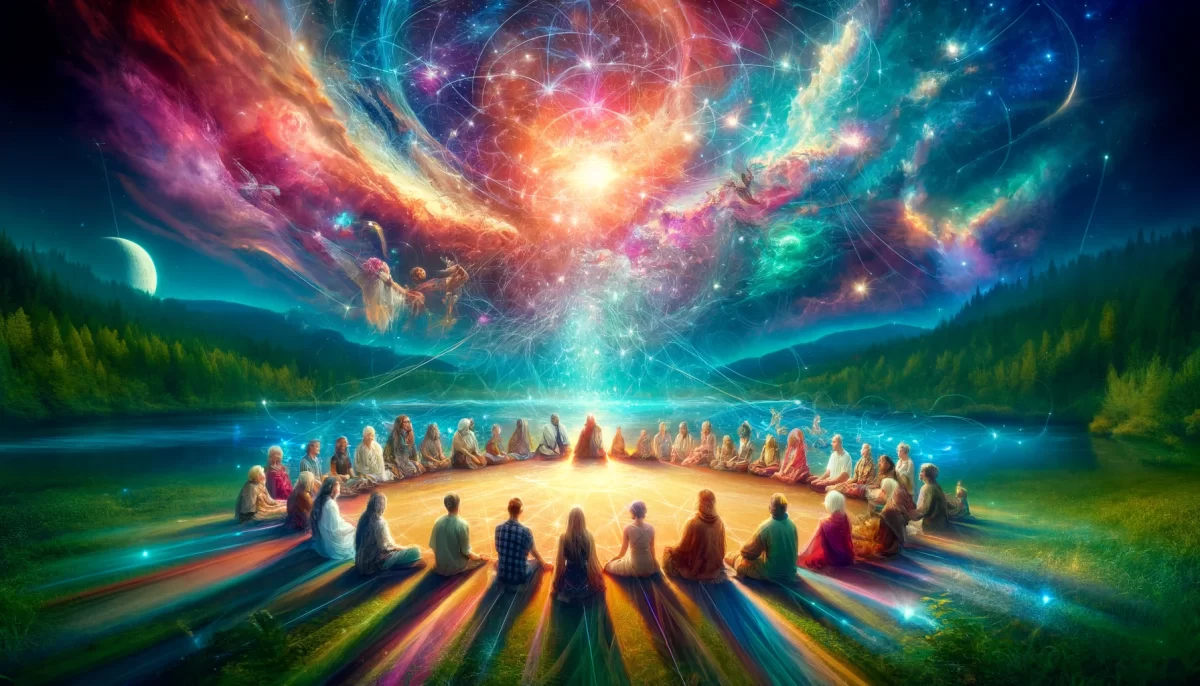




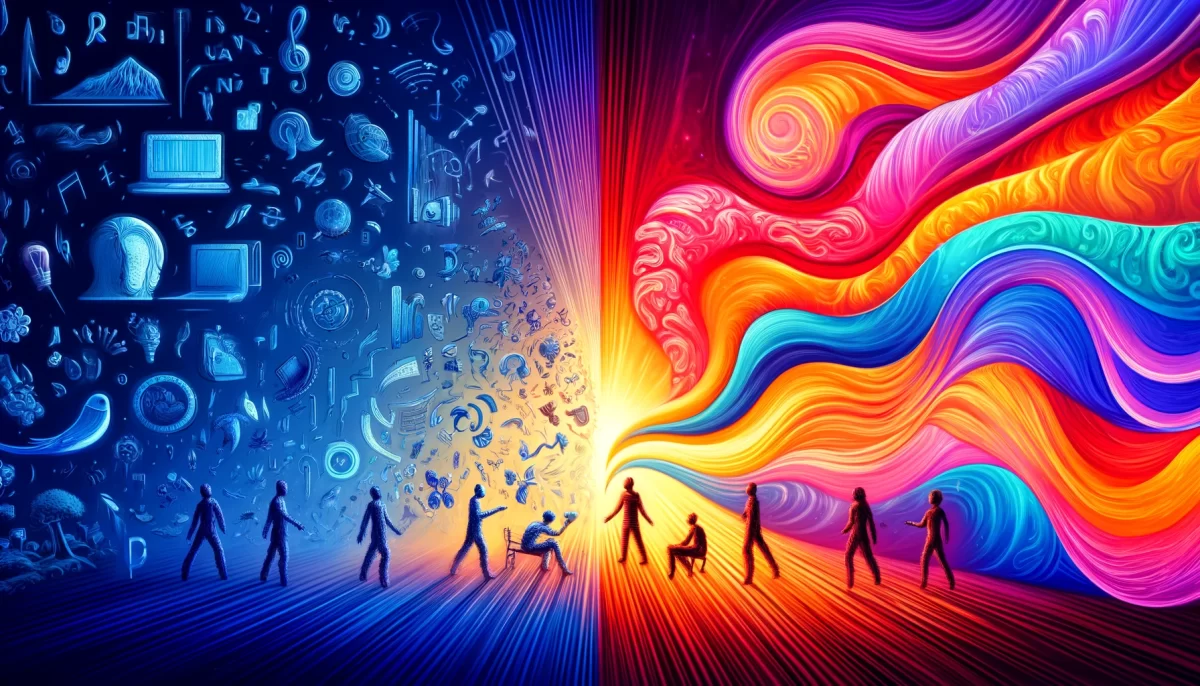

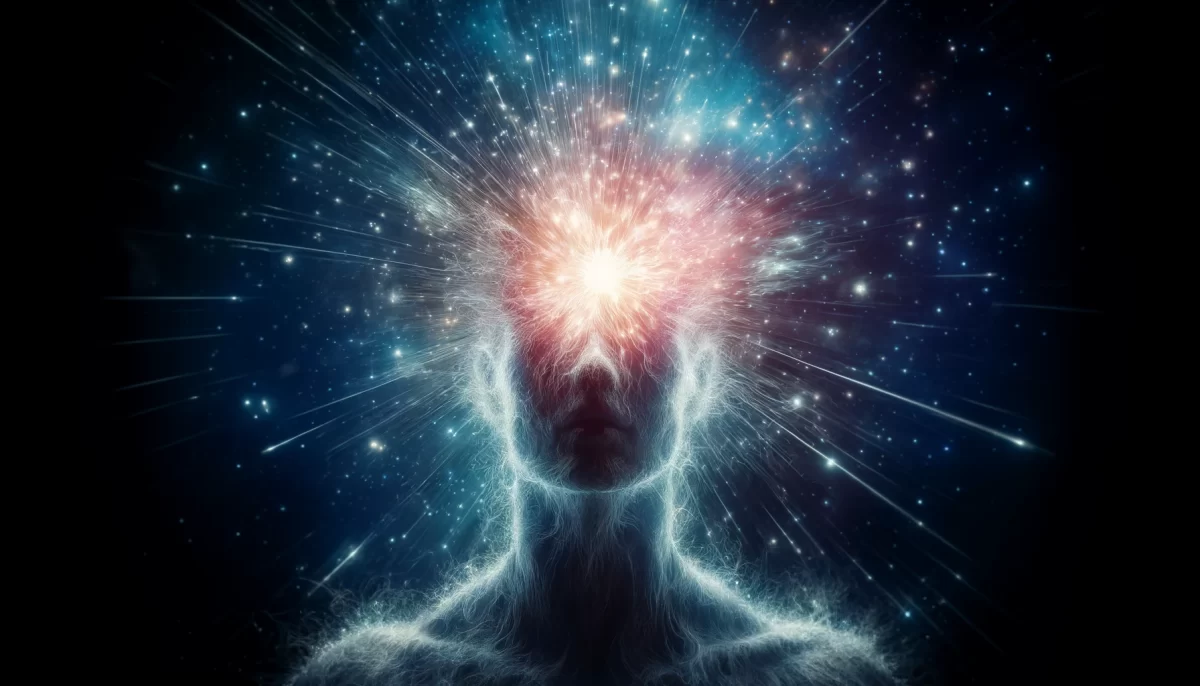






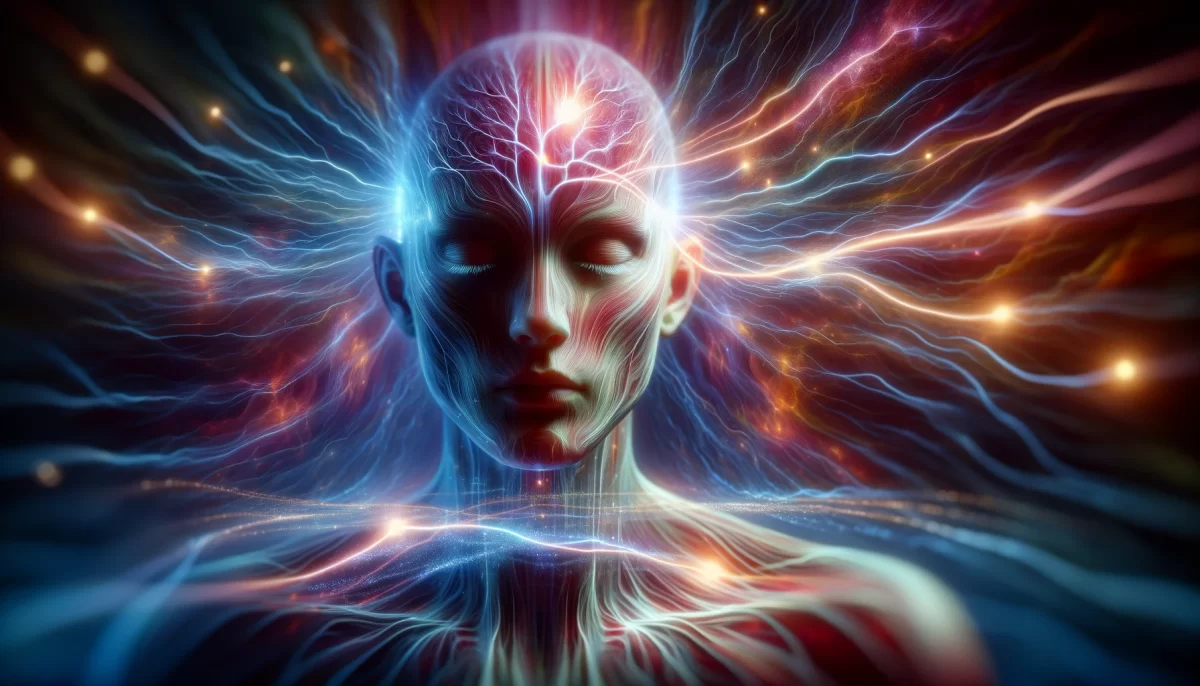
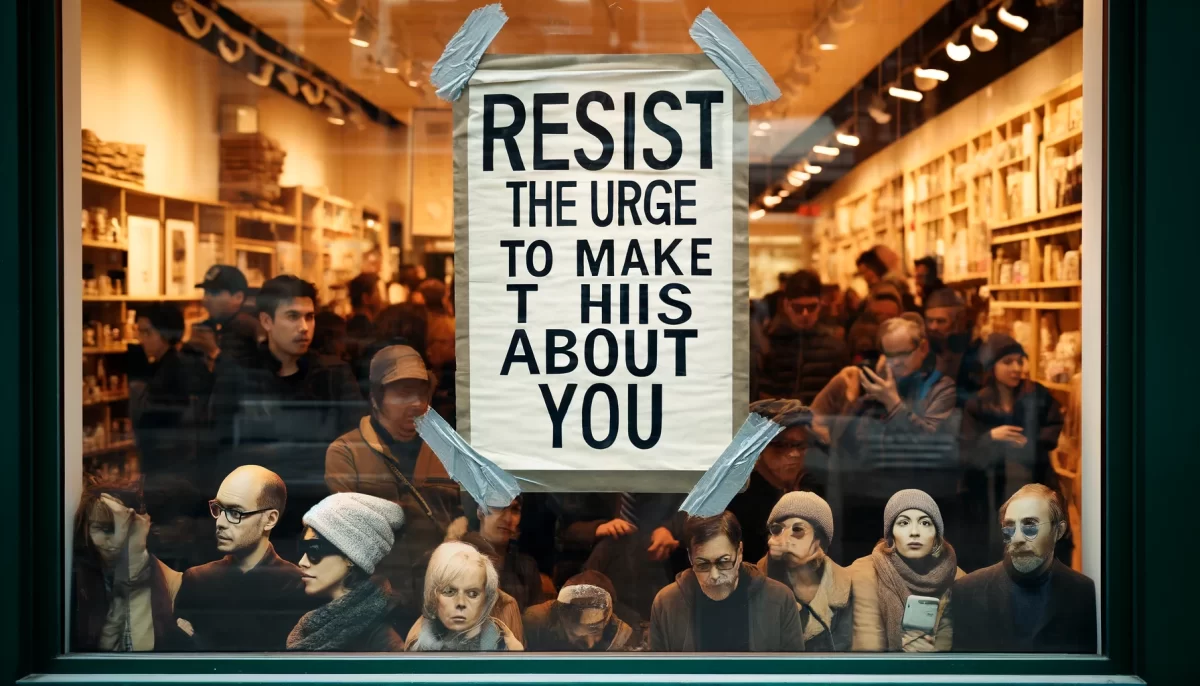



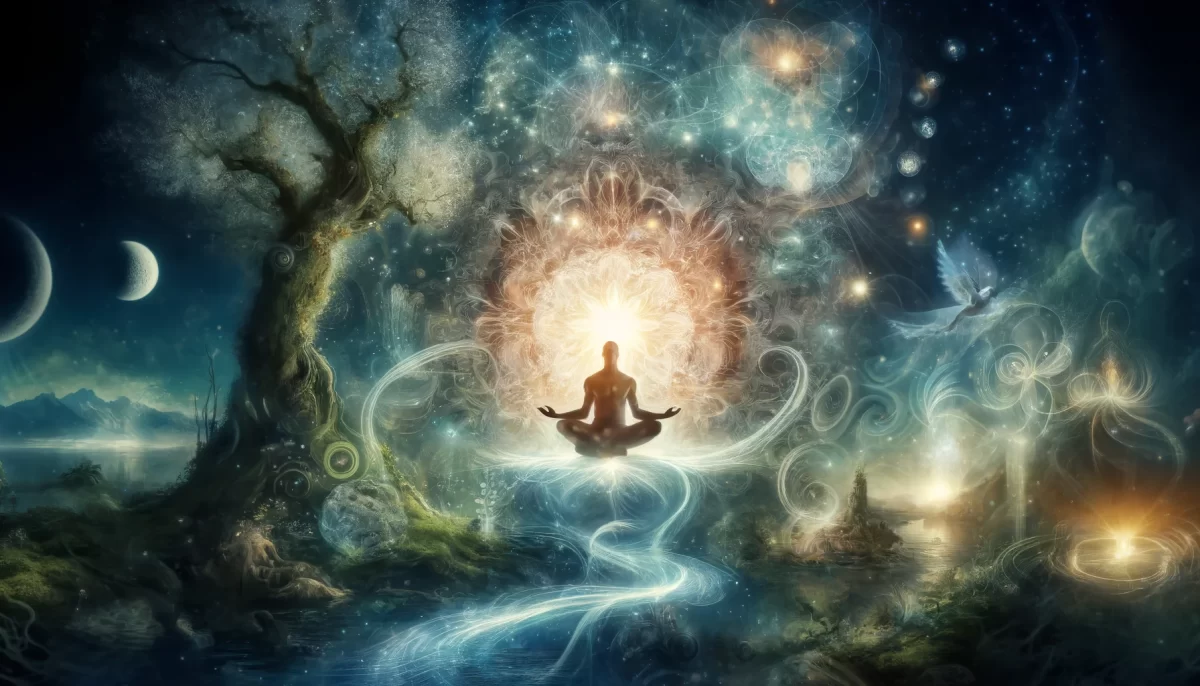
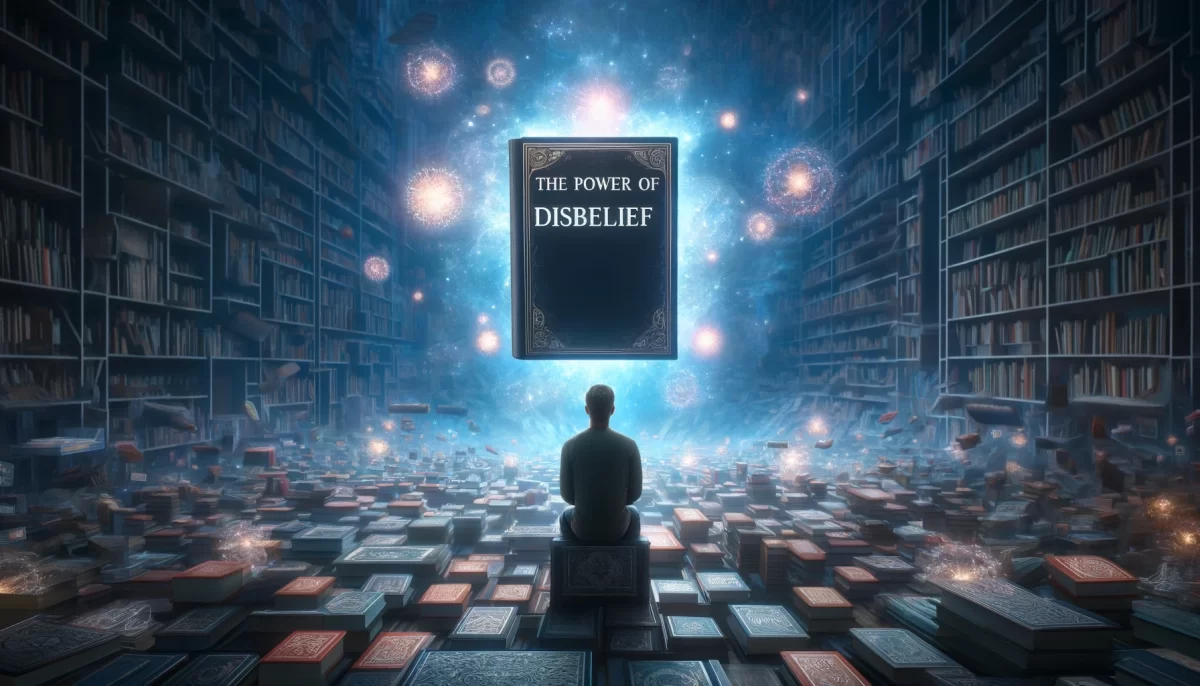


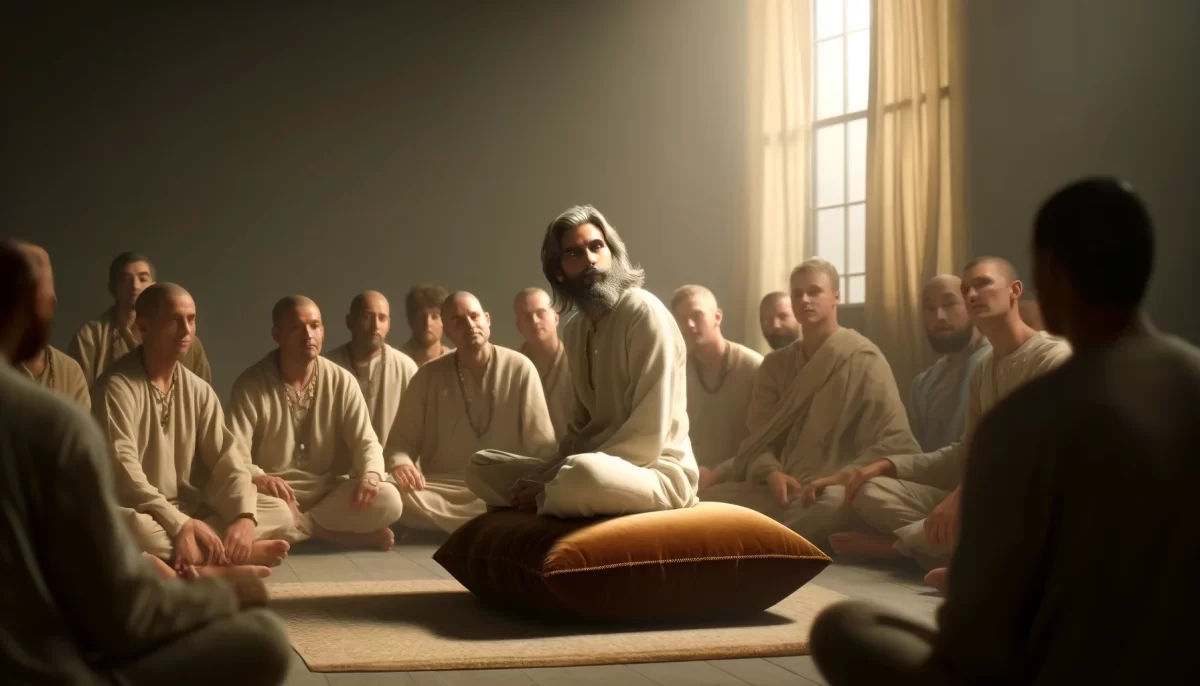




Leave a Reply